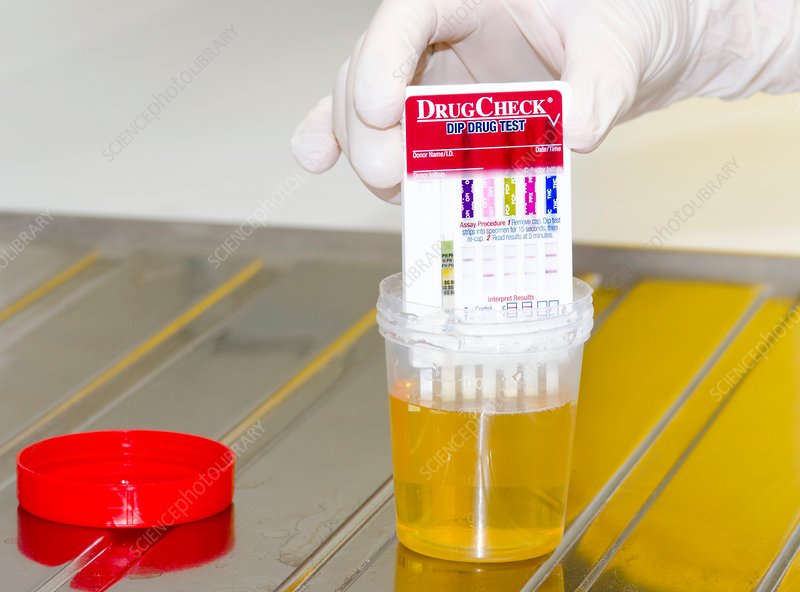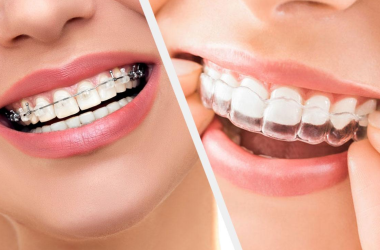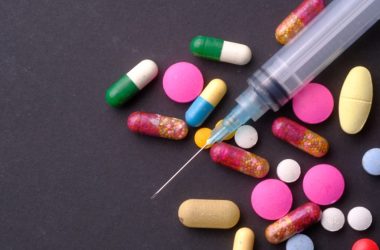Fake pee is still an important part of the drug testing process, but it can put you in legal jeopardy if caught. The use of synthetic urine has become increasingly popular as a means to pass a drug test, but it is illegal and carries significant risks. In this article, we will explore the potential consequences of using fake pee and discuss whether or not you can get caught using it for a drug test.

Synthetic urine is a substance that mimics human urine produced in laboratories. It is composed primarily of water, urea, creatinine, sodium chloride, and sometimes other compounds such as sulfates or phosphates. This type of urine is used in medical research as well as to calibrate drug testing instruments. It’s also found its way into the hands of those looking to pass a drug test by submitting a clean sample instead of their own.
Legality Of Using Fake Pee For Drug Tests
Using synthetic urine for the purpose of misleading a drug test administrator is considered fraud and falls under criminal laws in many parts of the world. Laws vary widely from country to country so it’s important to be aware before attempting this method. In some jurisdictions, possession alone may be enough to lead to criminal charges while others may impose harsher penalties depending on how fake pee was used during the course of the exam.
Penalties For Being Caught With False Urine
The penalties for being caught with false urine depend on each particular jurisdiction and range from fines all the way up to jail time. Depending on the severity and circumstances surrounding the case, punishments could include probation or community service as well as court-ordered rehabilitation programs for those found guilty. Furthermore, offenders are likely to face serious repercussions from employers who take such matters very seriously when conducting background checks on applicants or current employees alike.
False Negative Results Caused By Fake Pee
If someone uses artificial urine instead of providing their own sample during a pre-employment screening process, they risk producing false negative results, which could lead them further down the road to legal trouble if discovered later in life by another employer or government agency. If it is proven that an individual has deliberately attempted to defraud their prospective employer by providing false information through fake pee, then they could face more serious consequences due to issues of breach of trust between the parties involved in any such pre-arranged agreement or contract regarding truthful disclosure of one’s past activities up to the point of applying for said job with company A or B, etcetera…
Testing methods to identify synthetic urine
Drug testing agencies use various methods, including chemical analysis and spectrometry tests designed specifically to detect artificial samples thereby increasing the chances of getting caught red-handed using fake pee as a means of passing the original test rather than relying solely on visual cues since appearance alone is often times far less reliable indicator of the integrity of any given sample submitted Laboratory technician’s discretion after careful review of all evidence collected during the testing procedure itself finds suspicious behaviour related matters are brought to attention.

Conclusion:
In conclusion, yes, you can definitely get caught using synthetic urine when attempting to pass a drug test – even if you are successful at first! As previously mentioned, certain detection methods are available nowadays that can help identify these types of samples from ones naturally produced body thereby exposing anyone attempting to deceive industry standards set forth governing screenings administered anywhere across the globe both legally physically within the privacy of your own home without risking exposure to law enforcement officials depending on where you live specific regulations pertaining to the same such cases should always err on the side of caution whenever possible when making decisions like these understand potential ramifications associated with decision falsely submitting phony goods place real thing order avoid unnecessary complications down line future otherwise regretting actions taken here today tomorrow later down the road…




